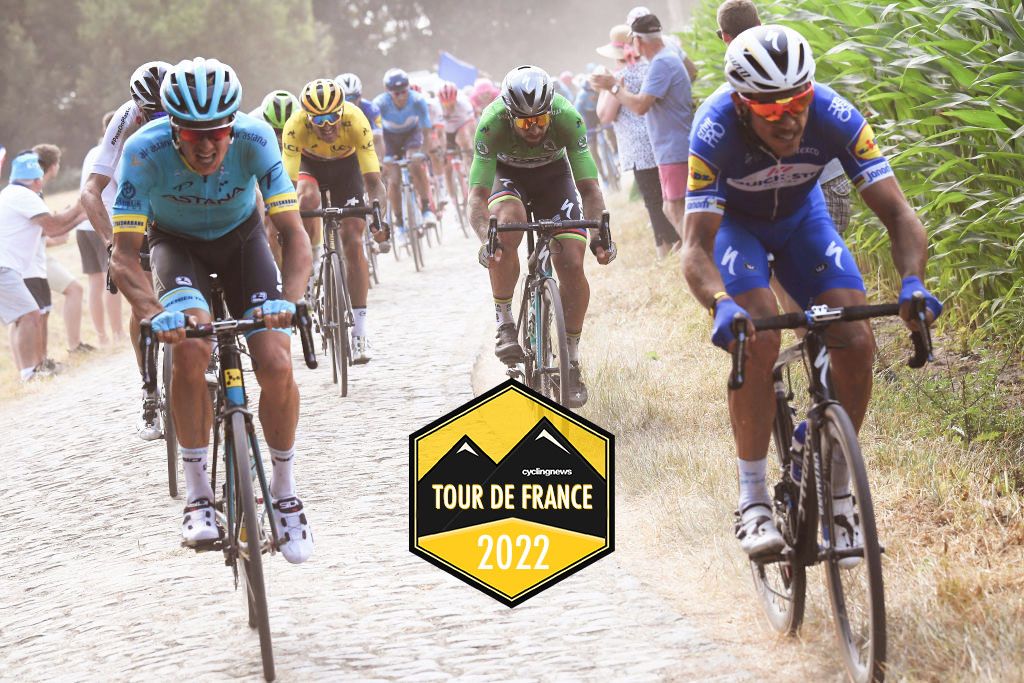Very soon now, the much-anticipated Paris-Roubaix-style stage of the Tour de France will have been completed, and even if this year’s peloton is ‘only’ riding 19. 4 kilometres of pavé, compared to 54.8 kilometres in a regular Hell of the North, the effects could be just as telling.
That’s partly because, even if uninjured, after Paris-Roubaix, it can take riders a few days or longer to recover from the physical effects of riding over kilometres of bone-jarring cobbles. However, the Tour de France peloton’s form of ‘switching off’ from their incursion on the pavé will be rather different: a 219-kilometre, five-hour stage on Thursday that is, as it happens, the longest of the entire 2022 Tour.
So it’s worth remembering that even if the fallout from the GC battle will be dominating the headlines on Thursday, rather than taking a well-earned break as most riders do post Paris-Roubaix, there will be no escape for any of the riders in the Tour.
The solution? Going into damage limitation mode is one way round it.
“Typically, by common consent, the peloton will have an easier day the stage afterwards,” EF Education-EasyPost Head of Physical Therapy, Matt Rabin, told Cyclingnews.
“First of all a lot of the guys in the peloton aren’t used to riding the pavé so it’ll be interesting to see how they wash up, and on top of that a lot of GC guys are more frail of bone or don’t have as much muscle to absorb the rattling. So they’ll be more shocked by some of the after-effects of riding the pavé than not.
“So I think on Thursday it wouldn’t surprise me if it was one of those days where the peloton decided to allow a break of 6 or 7 clip off up the road, and the rest have a bit of a day off.”
The effects of the Roubaix-esque stage are so unpredictable, Rabin said, the idea of an unspoken truce is appealing across the board.
“Physically some guys will be much more beat up than others, and some people’s Tour de France will have come to an end, one way or another,” he said.
“So this could be the first day we see a break go to the finish, just because there’s such a discrepancy between who’s beat up and who’s not, and who’s available to chase them down, or not.”
That’s in terms of the racing itself. When it comes to physical consequences, Rabin said, even not counting those who have maybe crashed and who are nursing specific injuries, there will be plenty of guaranteed general issues for medical staff to handle as well.
“Physically their backs are going to be sore, hands will…
Click Here to Read the Full Original Article at CyclingNews RSS Feed…

